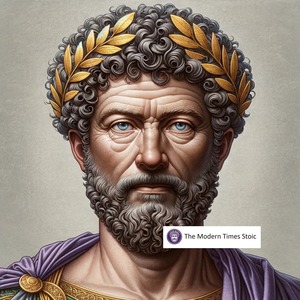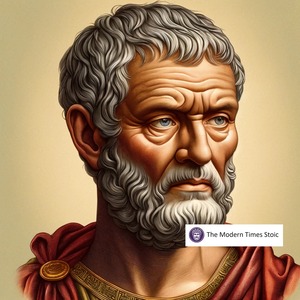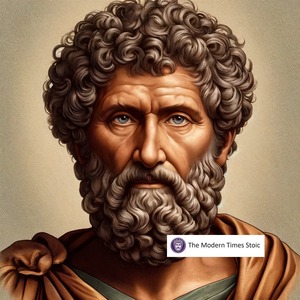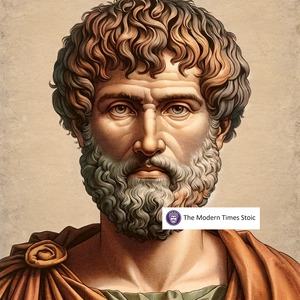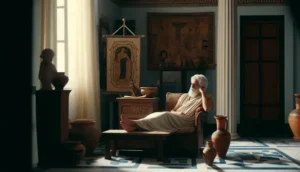In Seneca letter 54, “On Asthma and Death,” Seneca delves into the Stoic philosophy regarding the acceptance of death and the impermanence of life, sharing his personal experiences with asthma—a condition he likens to a rehearsal for death. His reflections provide a rich tapestry of thought on how to live with awareness of mortality and find peace in the inevitability of death. Through his contemplation, Seneca articulates profound insights on facing the end of life with serenity and wisdom.
One notable quote that encapsulates Seneca’s confrontation with his mortality and his Stoic acceptance of death is:
"Death is non-existence, and I know already what that means. What was before me will happen again after me. If there is any suffering in this state, there must have been such suffering also in the past, before we entered the light of day. As a matter of fact, however, we felt no discomfort then."
Seneca Click to Tweet
Seneca further expounds on the Stoic exercise of premeditatio malorum (premeditation of evils), which involves reflecting on and accepting the worst outcomes in life, including death.
And in a powerful reflection on the Stoic approach to life and death, Seneca states:
"Accept this assurance from me – I shall never be frightened when the last hour comes; I am already prepared and do not plan a whole day ahead.
Seneca Click to Retweet
These quotes highlight the core Stoic principles of acceptance, the transient nature of life, and the serenity that comes from embracing the inevitability of death without fear. Seneca’s Letter 54 is a compelling meditation on how to live a life anchored in the present, prepared for the end, yet unburdened by the dread of mortality. Through his personal struggle and philosophical musings, Seneca guides us toward a deeper understanding of the Stoic mindset: to live virtuously and die with dignity, embracing death as a natural part of life’s cycle.
